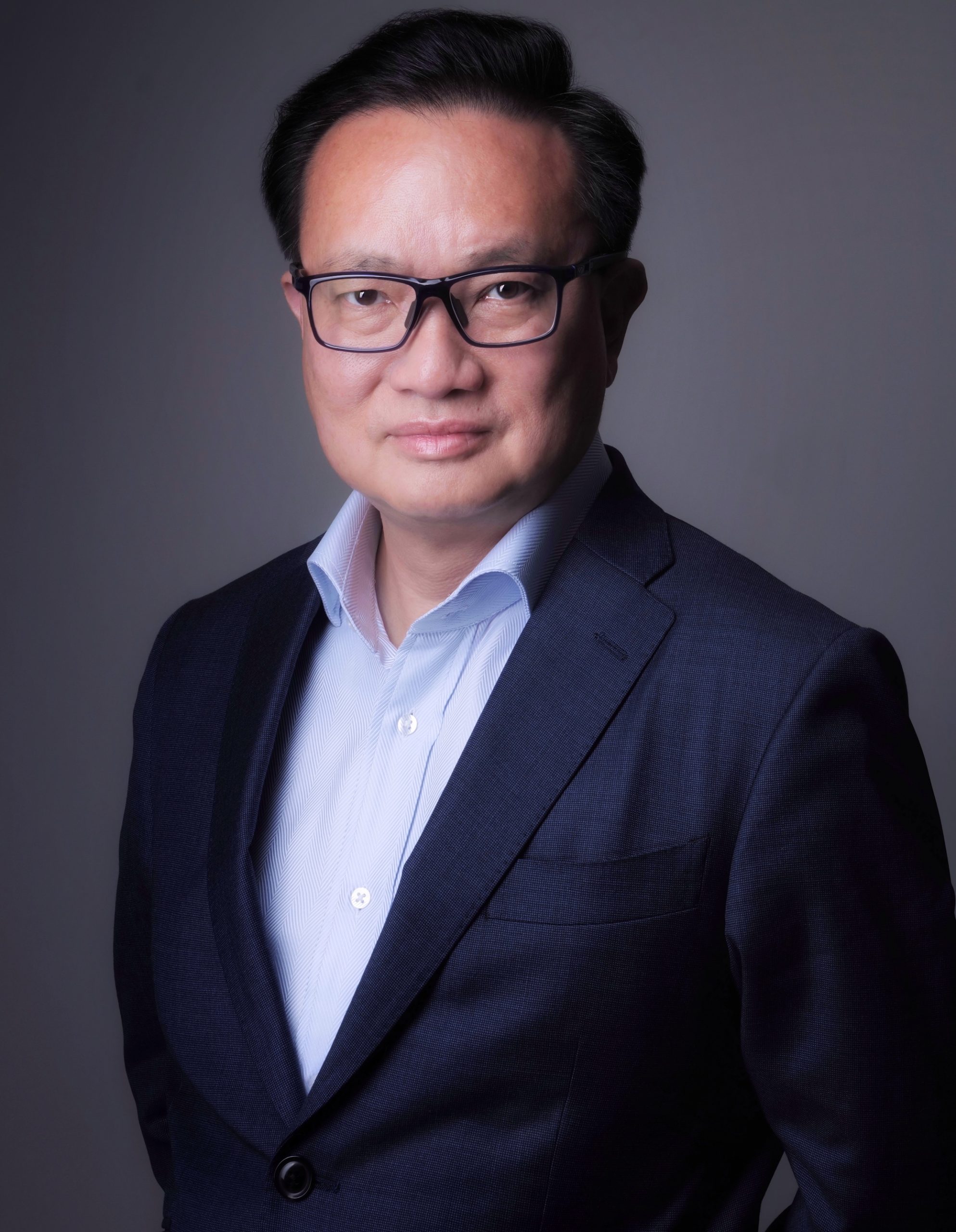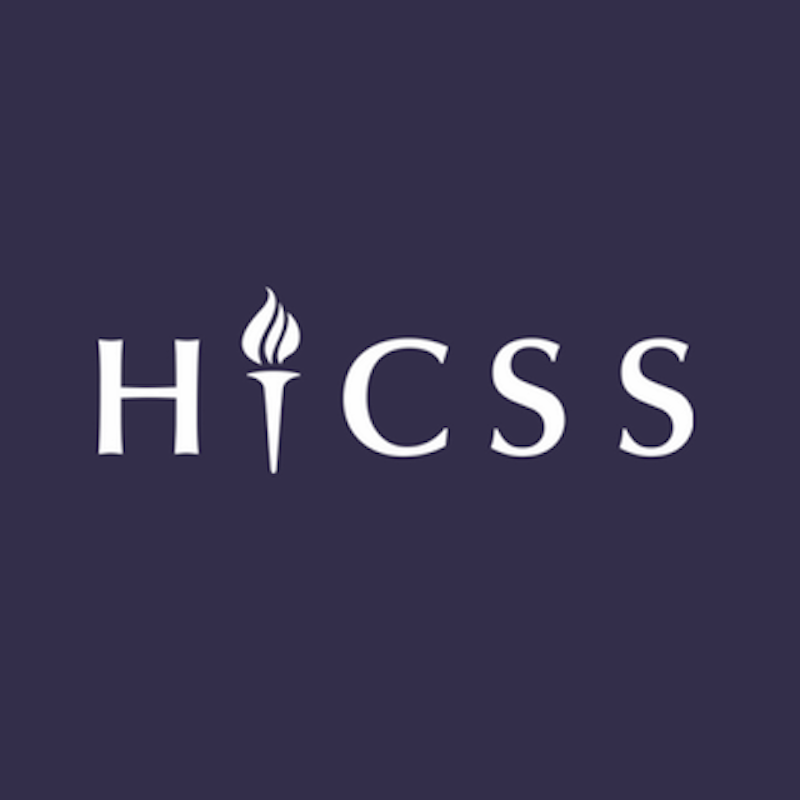
January 4, 2024 | 12:45pm – 1:50pm
Christopher C. Nguyen, PhD
CEO and Cofounder, Aitomatic Inc.
Title: Unlocking $25T: AI’s Role in Shaping the Future of Industry
Abstract:Generative AI has transitioned from a theoretical concept to a daily reality for businesses worldwide. Dr. Christopher Nguyen delves into the global perspectives on AI progress, exploring why some nations exhibit greater optimism. Focused on the industrial realm, he shares insights drawn from firsthand AI implementation in diverse sectors, revealing opportunities totaling $25 trillion. From fishing to mining, Dr. Nguyen offers actionable advice for CxOs, elucidating how AI transforms work dynamics. The true revolution lies not in intelligence but in refining human-machine communication. This keynote emphasizes a strategic, safety-centric approach, ensuring AI catalyzes growth while upholding ethical standards or core human values. The keynote helps uncover a game plan to navigate the AI revolution, keeping our work at the vanguard of this transformative era.
Bio: Dr. Christopher Nguyen, a Silicon Valley innovator, is the CEO & Cofounder of Aitomatic, a leading tech company specializing in industrial generative AI. As the former President and CEO of Arimo-Panasonic, he played a key role in steering global Industrial AI initiatives. In his tenure at Google as the first Engineering Director, he was instrumental in launching Google Apps/Gmail, earning the prestigious Google Founders Award. Dr. Nguyen initiated his career at HKUST, co-founding the Computer Engineering Program. He holds a BS from U.C. Berkeley, and MS and PhD from Stanford, earning accolades as a U.C. Regents Scholar, Berkeley Alumni Scholar, and National Science Foundation Fellow.

January 5, 2024 | 12:45pm – 1:50pm
Panelists: HICSS Track Chairs
Moderator: Tung Bui, Conference Chair
Title: Unveiling the Research Frontiers in the Age of Generative AI
Abstract: HICSS has evolved into the foremost research platform, delving into a diverse array of pertinent and pivotal issues concerning the design, development, implementation, utilization, and evaluation of Information Technology in both business and society. The track chairs, entrusted with the responsibility of overseeing the review process for over 1,700 submissions annually, alongside steering their own research initiatives, will share with the audience their insights into the research trajectories within their respective disciplines. This interactive plenary session aims to foster engagement with the HICSS community of researchers, aspiring to collectively sculpt a research agenda that responds adeptly to the unfolding challenges of the anticipated 6th industrial revolution.

